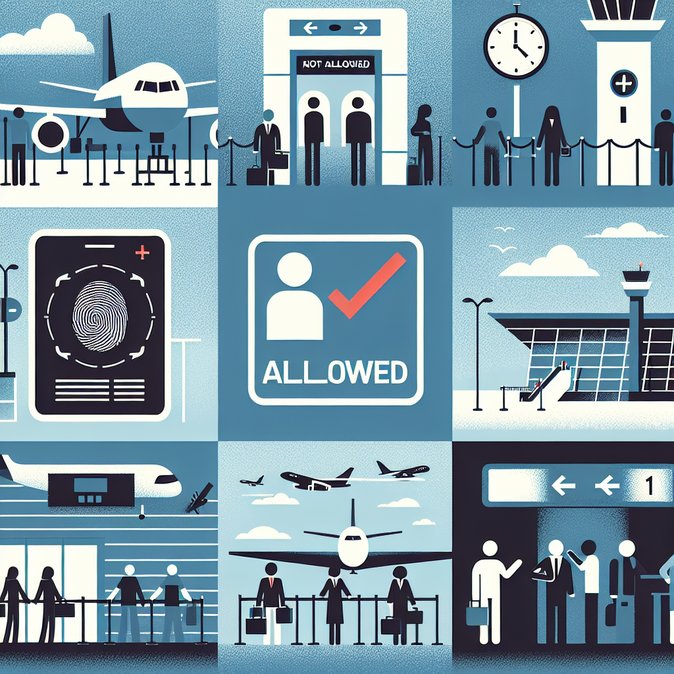
Spain’s largest labour unions, UGT and CCOO, on 25 November urged the government to raise the Salario Mínimo Interprofesional (SMI) by 7.5 % to €1,273 (in 14 payments) for 2026. While the debate centres on domestic purchasing power, the proposal has an immediate knock-on effect for international remote workers: financial thresholds for Spain’s Digital Nomad Visa (DNV) are pegged at 200 % of the SMI.
If approved, the main applicant’s required monthly income would jump from roughly €2,763 to about €2,970 in 2026, with proportional increases for accompanying family members (75 % extra for the first dependent, 25 % for each additional). For multinationals using Spain as a hub for distributed teams, the higher bar could narrow the pool of eligible talent or force salary uplifts to meet visa rules.
![Unions Demand 7.5 % Minimum-Wage Hike—Digital Nomad Visa Thresholds Set to Rise Again]()
The unions justify the hike by arguing that the SMI must equal 60 % of the average net wage to comply with the European Social Charter and to offset the impact of personal-income-tax obligations likely to kick in next year. Employers’ associations have pushed back, warning that cumulative SMI rises—61 % since 2018—risk eroding competitiveness in sectors such as hospitality and logistics that rely heavily on temporary foreign labour.
The Ministry of Labour will receive a technical report on the appropriate 2026 SMI in December, with a decree possible as early as January. Prospective DNV applicants should file before year-end to lock in current thresholds, while HR should budget for possible salary top-ups or explore alternative residence categories such as the Highly-Qualified Professional permit.
Visa advisers note that consulates abroad often update their internal checklists within weeks of an SMI decree, so delayed applicants could face last-minute document rework if income proofs fall short of the new benchmarks.
If approved, the main applicant’s required monthly income would jump from roughly €2,763 to about €2,970 in 2026, with proportional increases for accompanying family members (75 % extra for the first dependent, 25 % for each additional). For multinationals using Spain as a hub for distributed teams, the higher bar could narrow the pool of eligible talent or force salary uplifts to meet visa rules.

The unions justify the hike by arguing that the SMI must equal 60 % of the average net wage to comply with the European Social Charter and to offset the impact of personal-income-tax obligations likely to kick in next year. Employers’ associations have pushed back, warning that cumulative SMI rises—61 % since 2018—risk eroding competitiveness in sectors such as hospitality and logistics that rely heavily on temporary foreign labour.
The Ministry of Labour will receive a technical report on the appropriate 2026 SMI in December, with a decree possible as early as January. Prospective DNV applicants should file before year-end to lock in current thresholds, while HR should budget for possible salary top-ups or explore alternative residence categories such as the Highly-Qualified Professional permit.
Visa advisers note that consulates abroad often update their internal checklists within weeks of an SMI decree, so delayed applicants could face last-minute document rework if income proofs fall short of the new benchmarks.


